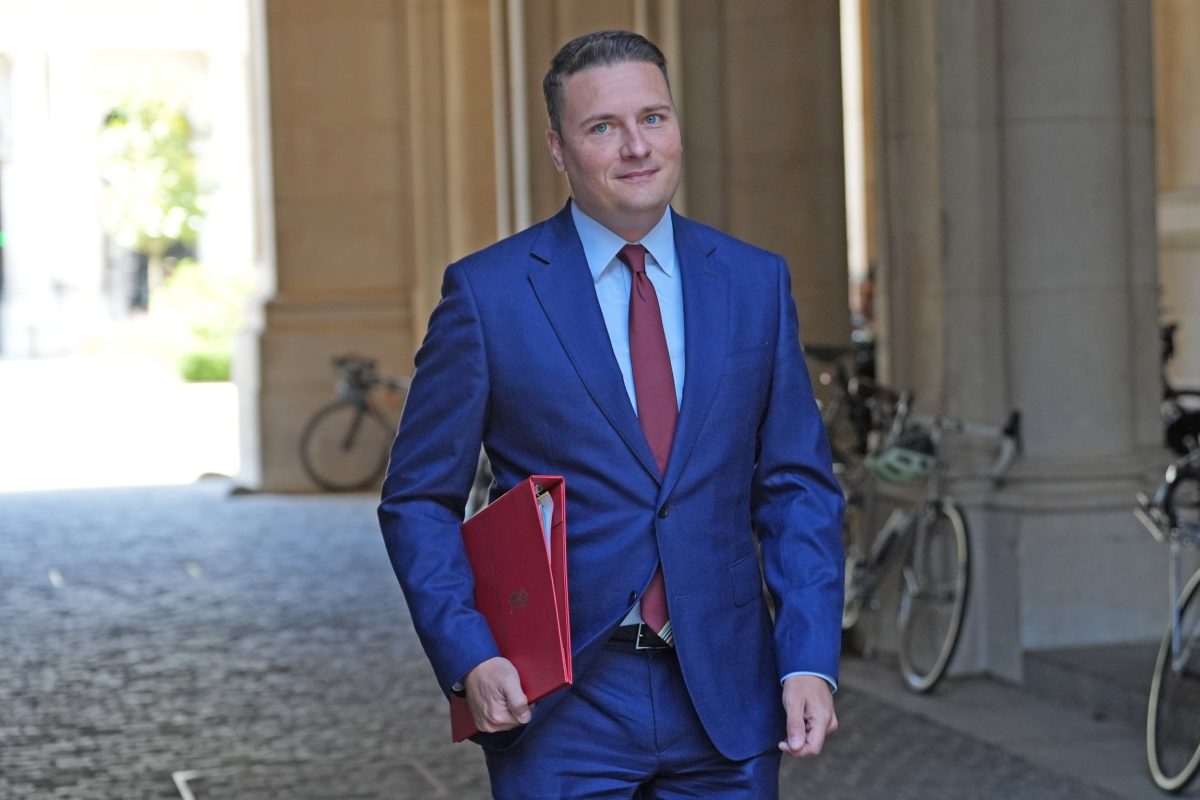The Pay Dispute and the Pension Controversy
Junior doctors in the UK, now commonly referred to as resident doctors, are set to go on strike for five days starting from 25 July. This decision comes after they voted in favor of fresh industrial action over pay disputes. The government has consistently maintained that there is no room for further negotiations on a pay deal, but recent comments by the Health Secretary suggest a potential shift in stance.
In an interview on LBC Radio, Wes Streeting hinted at the possibility of discussions with the British Medical Association (BMA) regarding the trade-off between future pensions and higher current pay. He suggested that if the BMA were to propose a reduction in pension benefits in exchange for increased immediate earnings, such a discussion could be explored. However, this idea has sparked significant debate within the medical community and among experts.
Understanding Doctors’ Pension Schemes
Unlike private sector workers who typically contribute to defined contribution (DC) pension schemes, doctors in the public sector operate under a different system. Their pensions are structured as defined benefit (DB) schemes, where the retirement income is calculated based on their final salary and years of service.
For every year worked, doctors accrue 1/54th of their annual pensionable pay. For example, a doctor earning £60,000 in pensionable pay over ten years would receive £11,111 annually in retirement, adjusted for inflation. These contributions are made by both the employees and the NHS, with employees paying between 5.2% and 12.5% of their earnings, while the NHS contributes 20.68%.
Proposals for Adjusting Pensions
One proposed solution to the pay dispute involves reducing the future pension benefits of junior doctors in exchange for higher current salaries. This idea is particularly appealing to newly qualified professionals who may have substantial student debt and prioritize immediate financial stability over long-term retirement savings.
There are two main ways this could be implemented:
-
Reduced Accrual Rate: Instead of accruing 1/54th of their pensionable pay each year, doctors could accrue a smaller amount, such as 1/60th. This would result in lower annual retirement income but allow for higher pay during their working years.
-
Lower Employer Contribution: The NHS could reduce its pension contribution rate from 20.68%, redirecting the saved funds towards immediate salary increases. This approach would also lead to reduced retirement benefits.
Financial Implications for the Government
While the concept of trading pensions for pay seems promising, experts warn that it could have significant financial consequences for the government. The upfront cost of increasing salaries would require additional funding, while existing retired doctors would still need their pensions paid. The savings from this proposal would only materialize when today’s junior doctors retire, which could take several decades.
Furthermore, reducing the NHS’s pension contribution rate could create a shortfall in the pension scheme. This would likely result in increased borrowing or taxation, or cuts to other areas of the NHS and government spending. Such measures would not be politically favorable, especially given the current fiscal climate.
Union Reactions
Unions have strongly opposed the idea of reducing pensions to fund higher pay. Dr. Vishal Sharma, chair of the BMA pensions committee, emphasized that doctors need their pay restored to real terms, which has already been achieved in comparable professions. He argued that raiding pensions to cover pay increases would be unacceptable and detrimental to the profession.
The BMA has not received any formal proposals from the Health Secretary on this matter, but it has made it clear that such a plan would not be acceptable. According to Dr. Sharma, exchanging future pension benefits for a small increase in current pay would leave doctors worse off overall, as the long-term financial impact would outweigh any short-term gains.
Conclusion
The ongoing pay dispute between junior doctors and the government highlights the complex interplay between immediate financial needs and long-term retirement security. While the idea of adjusting pensions to boost current pay is being considered, it raises significant concerns about sustainability, fairness, and the broader implications for the NHS and public finances. As the situation develops, the role of unions and the government’s willingness to engage in meaningful dialogue will be crucial in finding a resolution that balances the interests of all parties involved.







